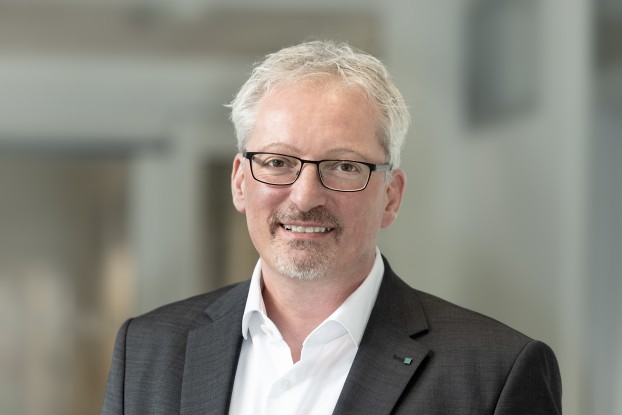Introduction
The term “Smart Structures” represents a relatively young structural technology, known in English as Smart or Intelligent Structures.
The main objectives of “Smart Structures” are to realize actively reacting structures. This is made possible by the integration of sensory, actuator and/or control functions into mechanical systems, which initiate a needs-based adaptation of structural properties and, as a result, an improvement in mechanical target functions.
Particularly,The actuator functions are often represented by well controllable smart functional materials. The active influence and improvement of structural dynamic system properties through the adjustment of stiffness, damping, or inertia has gained special significance in the realization of adaptive structural solutions.
In addition to the technological basics and essential system components, this lecture also presents possible applications of adaptive structural technology.
The lecture on “Smart Structures” is designed for 1st-semester mechanical engineering students and consists of the following topics:
- Active, semi-active, adaptive approaches to vibration reduction
- Multifunctional materials.
- Unconventional actuators and sensors
- Electromechanical analogies, control system approaches, and system effects
- Discrete structural intervention and construction principles
- Design and simulation methodology
- Application examples
Organisation
| Time |
WS, Mondays 3:20 – 5:00 PM |
| Location |
S103 / 223 |
| Lecturer | Prof. Dr.-Ing. Tobias Melz |
| Exam Type | Oral |
| Exam Date | Exam date set by personal arrangement with lecturer; please ask under GdA@sam.tu-… |
| Credits |
SWS: 2 V Credit Points: 4 (Elective Area C) |
Contact
| Name | Working area(s) | Contact | |
|---|---|---|---|

| Prof. Dr.-Ing. Tobias Melz Head of the Institute | info@sam.tu-... +49 6151/16-23510 L1|01 272 |



